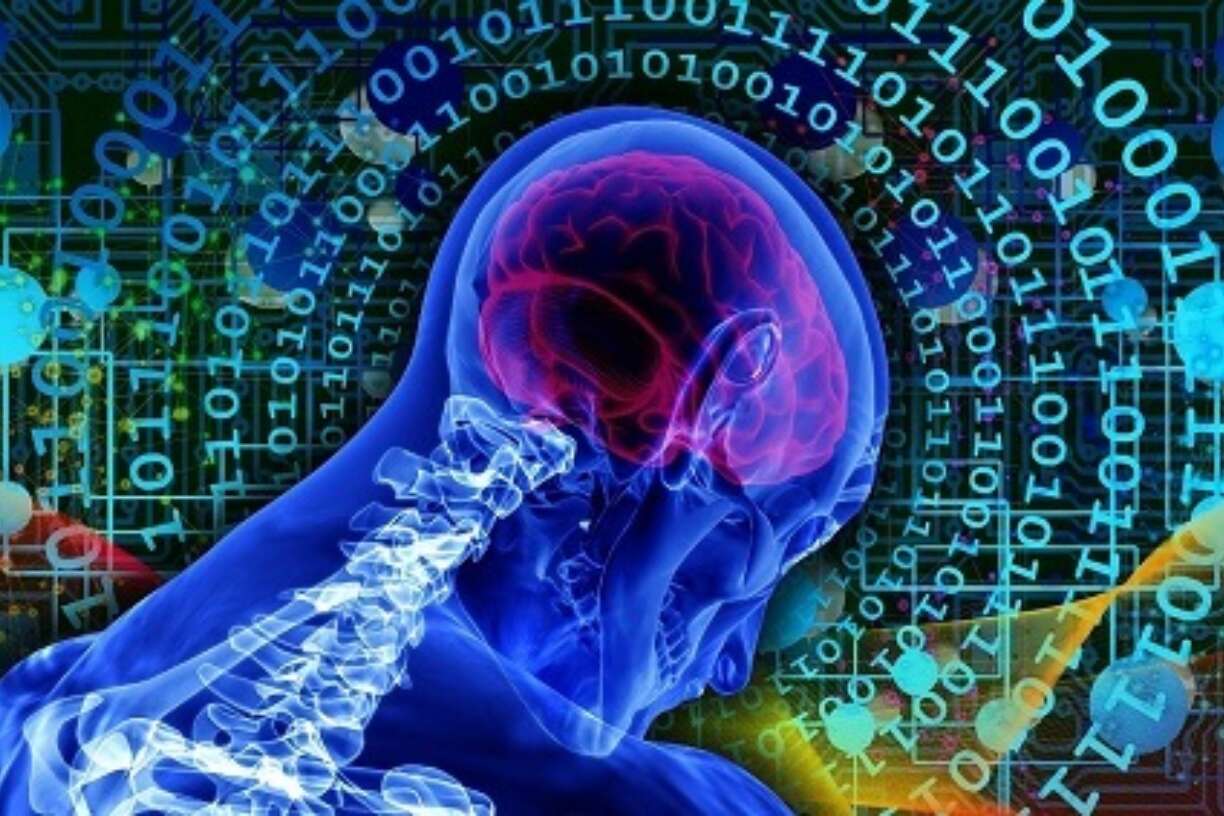
Smarter means, changing values: How the local, governmental implementation of data-driven technologies leads to technomoral change
Partners: Tilburg University & University of Amsterdam
Type: PhD
Duration: 2023—2027
Project description
The use of data-driven technologies has become increasingly popular under local governmental institutions. A recent, relevant development is the increasing use of data-driven technologies by municipalities when administrating justice, enforcing the law and preventing criminal undermining. The implementation of these technological innovations has raised the question of how to ensure that core public values (e.g., privacy, transparency, accountability, etc.) can be upheld when operationalizing justice on the municipal level, for instance by investing in “by design” approaches (e.g., transparency by design) and Responsible Innovation practices. One of the implicit assumptions of these approaches is that what values boil down to is rather stable and that the challenge predominantly lies in the integration of these existing values into new technological practices. In the domain of philosophy of technology and applied ethics there is, however, an increasing acceptance that values are dynamic and susceptible to change. Notably, local governments heavily rely on commercial parties to provide them with data-driven tools and the solutions they offer to adhere to public values. More research is therefore needed to see how key public values take shape in these interactions, if and how value conflicts occur, and how public values in the end can be safeguarded in a society that is increasingly driven by data and algorithms.
To gain a better understanding of the philosophy of technomoral change and how data-driven technologies potentially induce such change within Dutch local governments, the project will answer two central research questions:
Q1: How does the employment of data-driven technologies within contemporary Dutch local governments constitute value change?
Q2: Which moral norms should be employed to evaluate the technomoral changes constituted by the use of data-driven technologies by contemporary Dutch local governments?
These central research questions will be answered through a discussion of six subquestions. The first set of subquestions develops the concept of ‘technomoral change’ both from a conceptual and a normative point of view:
SQ 1: Which mechanisms of technomoral change can be found in the existing philosophical literature?
SQ 2: How can we systemically discern which ethically and historically relevant factors and dynamics contribute to technomoral change?
SQ 3: How can predictive theories of technomoral change be developed by integrating insights from history, sociology and forecast studies?
SQ 4: Which moral values should be upheld in light of technomoral change?
The second set of subquestions investigates how technomoral changes potentially occur as a consequence of the increasing use of data-driven technologies by Dutch local governments:
SQ 5: How do Dutch local governments seek to protect public values when employing data-driven technologies?
SQ 6: Through the lens of two distinct cases, how does the implementation of data-driven technologies by Dutch local governments constitute technomoral change?
The PhD project combines a philosophical-ethical study of technology-induced value change (i.e., ‘technomoral change’) with an empirically informed evaluation of value change within Dutch local, governmental institutions. It will do so by carrying out two case-studies which will explore, through participant observations and organizing semi-structured interviews with experts and stakeholders within Dutch local governments (e.g., municipalities) how values are perceived, protected and undergo change. It does so in particular by zooming in on the role of local governments when administrating justice, helping to define and realize public values surrounding the administration of the rule of law.
The research will result in a written PhD-dissertation in the form of a monograph that provides a better understanding of the concept ‘technomoral change’, the normative implications of technomoral change and how technomoral change occurs within Dutch local governments. It will also provide concrete, normative guidelines which can help policy-makers in dealing with questions concerning value change and value clashes.








